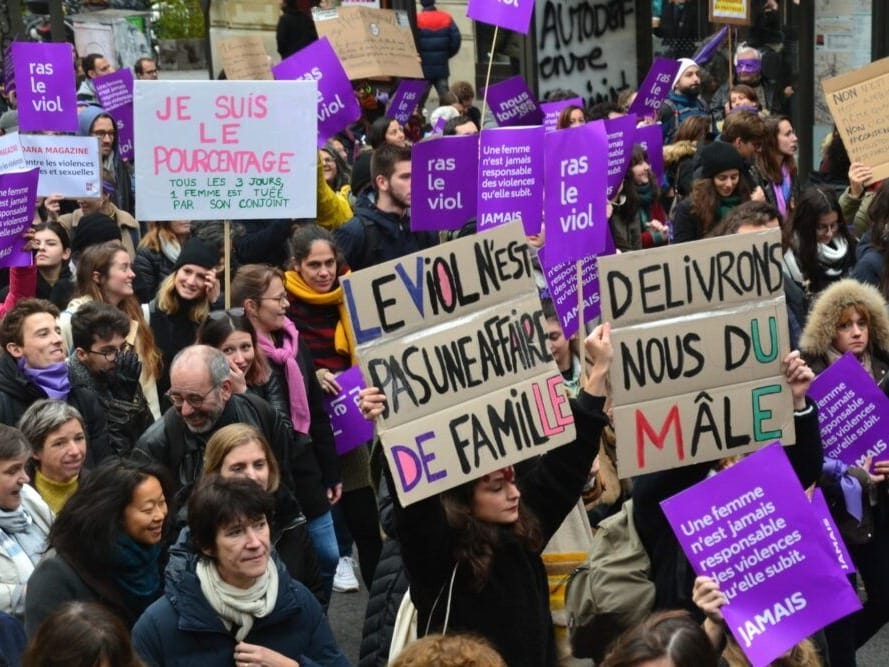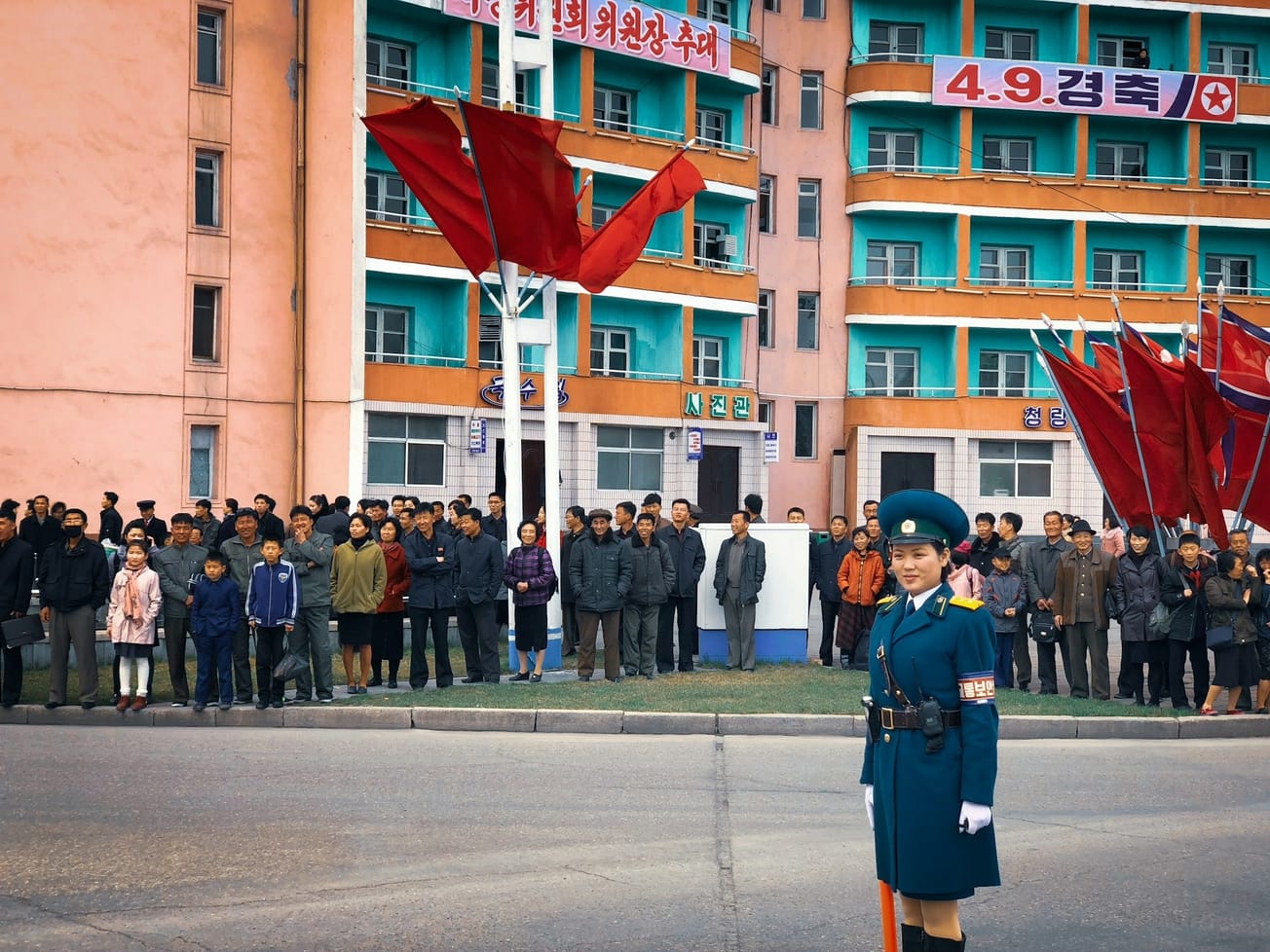The Istanbul Convention, which introduced legal standards throughout Europe on gender-based violence, has turned five years old but still lacks the participation of more than a quarter of sponsor Council of Europe's 47 member nations.
The first legally binding and comprehensive treaty to fight violence against women and girls entered into force on Aug. 1, 2014, after it was ratified by 10 COE member nations.









